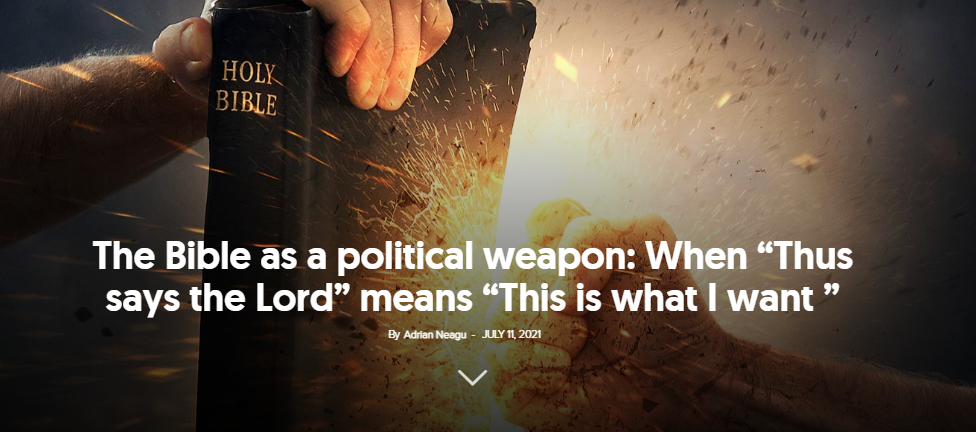Regardless of what is said about the predictive nature of the words traditionally attributed to Malraux—”The 21st century will be religious or it will not be”—the truth is that almost two decades of this century have passed, and we don’t really know where we are going.
Some of the most important thinkers of the nineteenth century (Durkheim, Marx, Weber, Freud) also believed that after the industrial revolution, religion would enter a process of diminishing importance, until eventual extinction. Undoubtedly, some figures confirmed their predictions.
In the Western world, the number of agnostics and atheists is growing, and the unaffiliated, who are about to become the largest religious group in the US, are the third-largest group globally, after Catholics and Muslims. In the Scandinavian countries, the Czech Republic, Estonia, Japan, and China, the unaffiliated form the majority of the population. Conversely, some of the initial proponents of the secularization theory (Peter Berger, Harvey Cox) have significantly changed their perspective after the last decades have shown a significant increase in African Christianity or evangelical movements and Islamic fundamentalism.
Overall, the theory of secularization can be more appropriately applied to Europe, but with some amendments. First, we must say that secularization in Europe is a decrease of religiosity and affiliation to traditional religious institutions, but not a significant diminution of the traditional values of Christianity, which remain an essential component of European culture. Moreover, secularization has not, as predicted, lead to the disappearance of religion.
A growing number of sociologists talk about how traditional religions have been joined in the last century by secular religions: Marxism, social Darwinism, Freudianism, and scientific materialism (while the former have declined, the latter is now popular). In the view of these sociologists, secularization must not be understood as a process of diminishing the role of religion, but as a process of transformation. Just as Catholicism once clashed with Protestantism (and as a result of this clash the religious landscape changed), today, traditional religions clash with social religions and the religious landscape changes, but does not erode completely.
In this context, a recent study claims that secularization preceded the economic development of states in the twentieth century. The study does not talk about a causal relationship between the two, but points to the correlation between the two phenomena. The secularization not accompanied by an increase in respect for the rights of the individual and minorities could not be correlated with economic growth. Hence the conclusion of the study, coordinated by Damian Ruck, was that the development of tolerance towards individuals and practices considered immoral in the past, such as abortion, divorce, suicide, or homosexuality, is potentially the activating factor for both secularization and economic development.
In other words, the more that the instances of collaboration between people have increased and the more people were integrated into the labour market, the more the dogmatic religious separatism diminished and the secularization and economic success of the states spread.
The increase in tolerance was also positively correlated with an increase in individualism, which, according to other studies, is strongly correlated, in turn, with economic growth. This shows once again that causal relationships are difficult to establish. A scenario that seems plausible, however, is that in the last century, individualism has encouraged innovation, which has led to the accelerated development of the economy, and tolerance and respect for individual rights have led to the integration of more people in labour, most notably women—but at the same time correlated with an increase in secularization.
However, in trying to predict where the 21st century is heading, extrapolating 20th-century trends may not be at all wise.
On the one hand, advanced technology today accelerates and transforms the transmission of cultural values from one generation to another, which means that the relationship between secularization, tolerance, and economic development may vary markedly in the 21st century. If, at the end of the twentieth century, there was a notable correlation between secularization and economic development, at the beginning of the twentieth century this correlation was very weak.
On the other hand, because the theory of secularization is extremely controversial today, the current process of redefining the concept reveals to us how much we still need to understand the social mechanism that correlatively or causally links religious and cultural transformations of society and economic development.
You may also like:




















